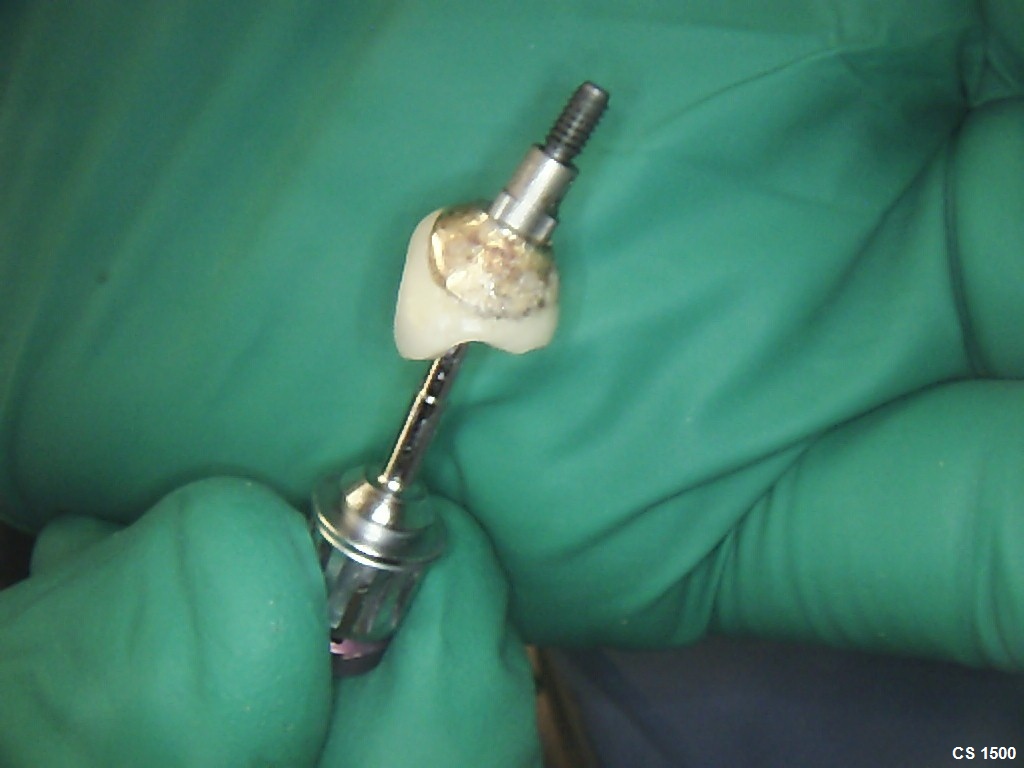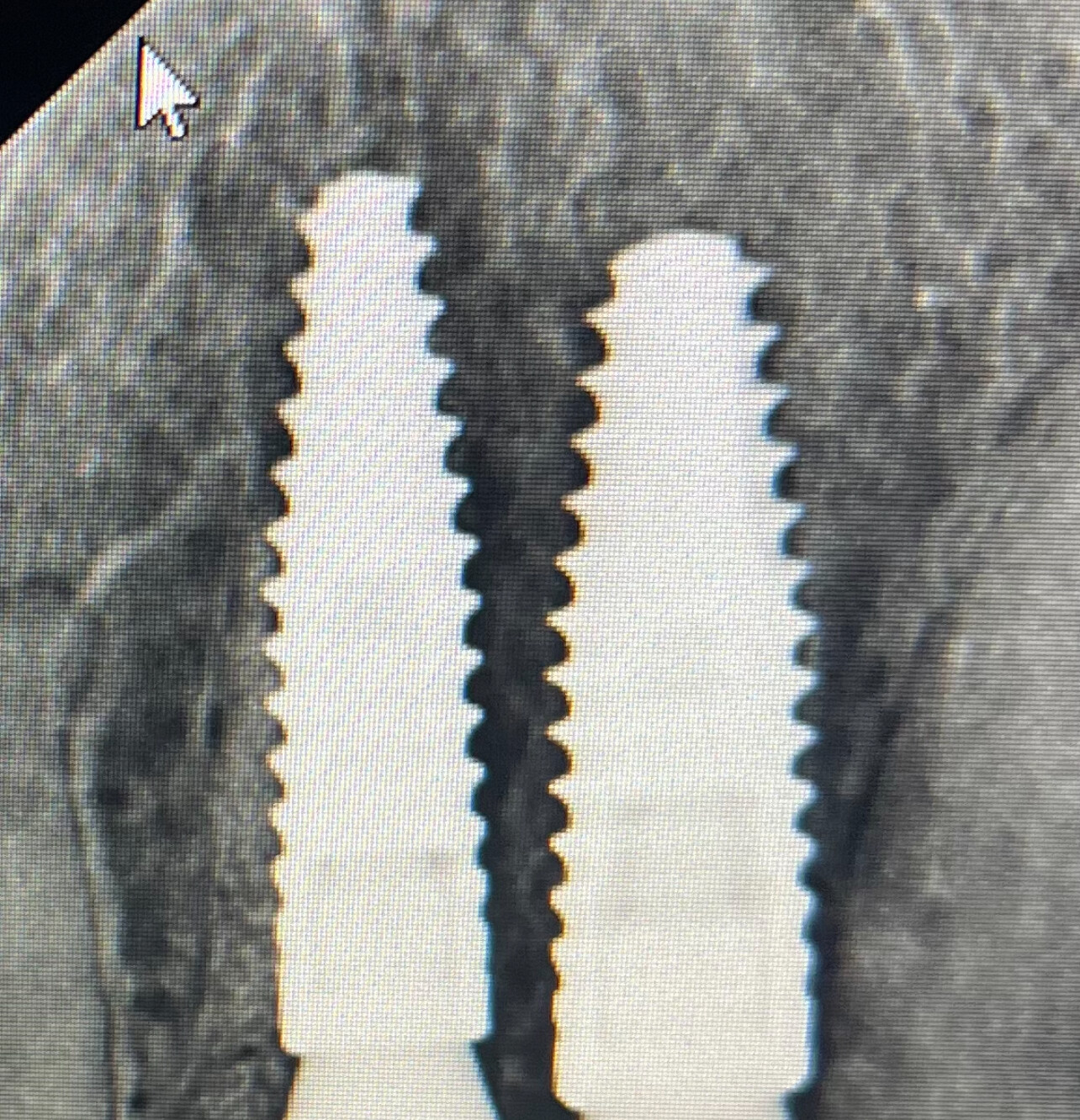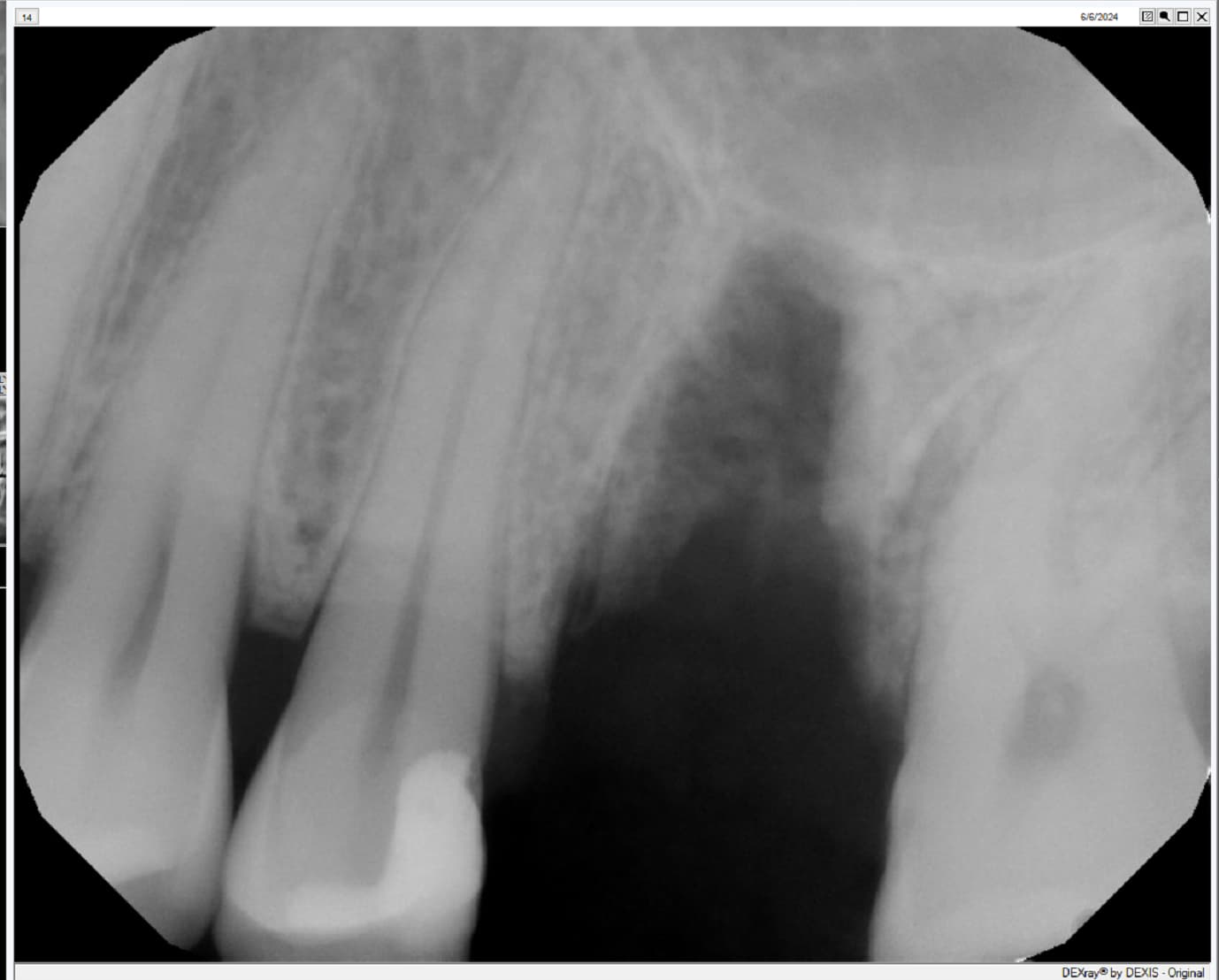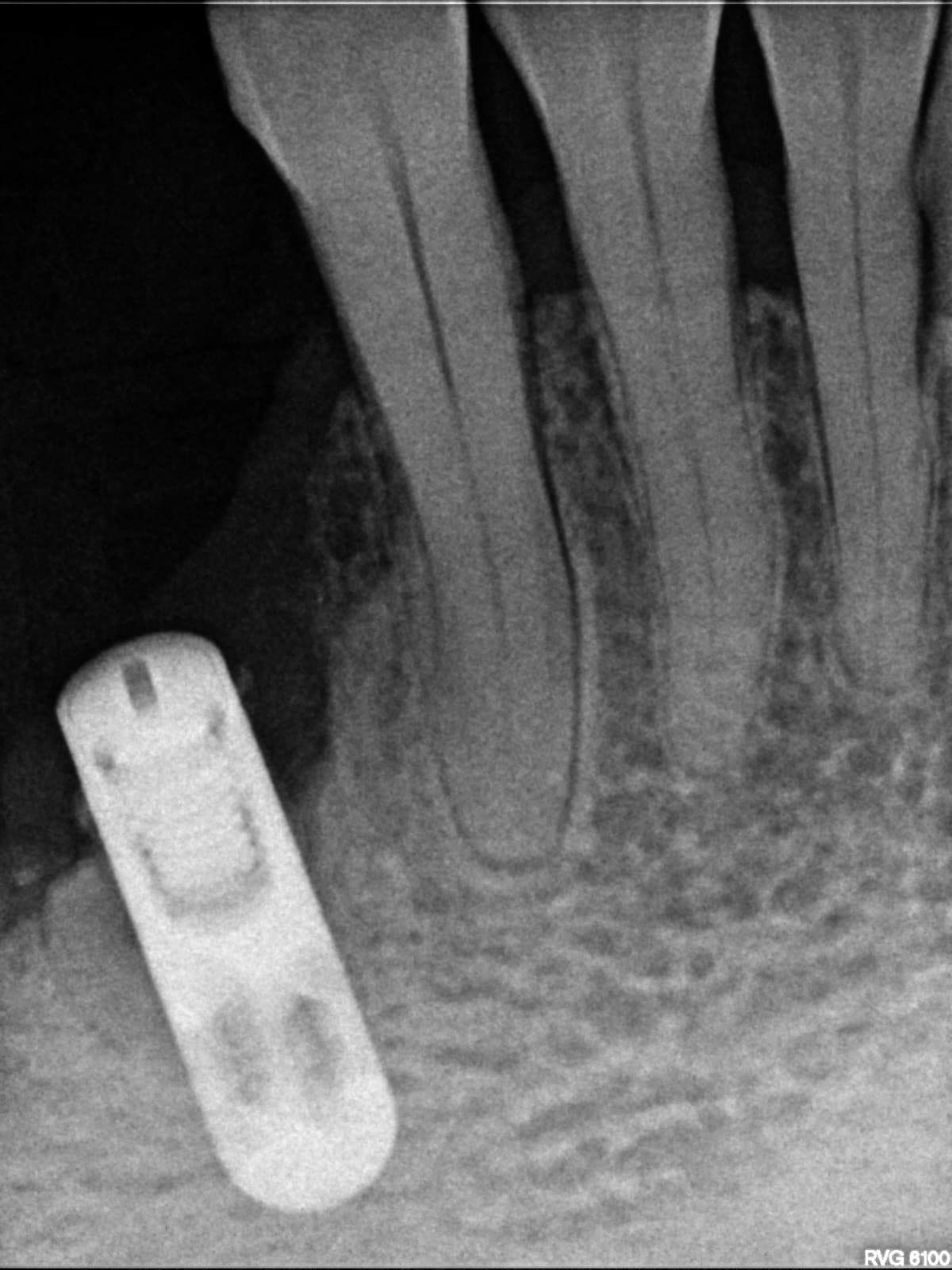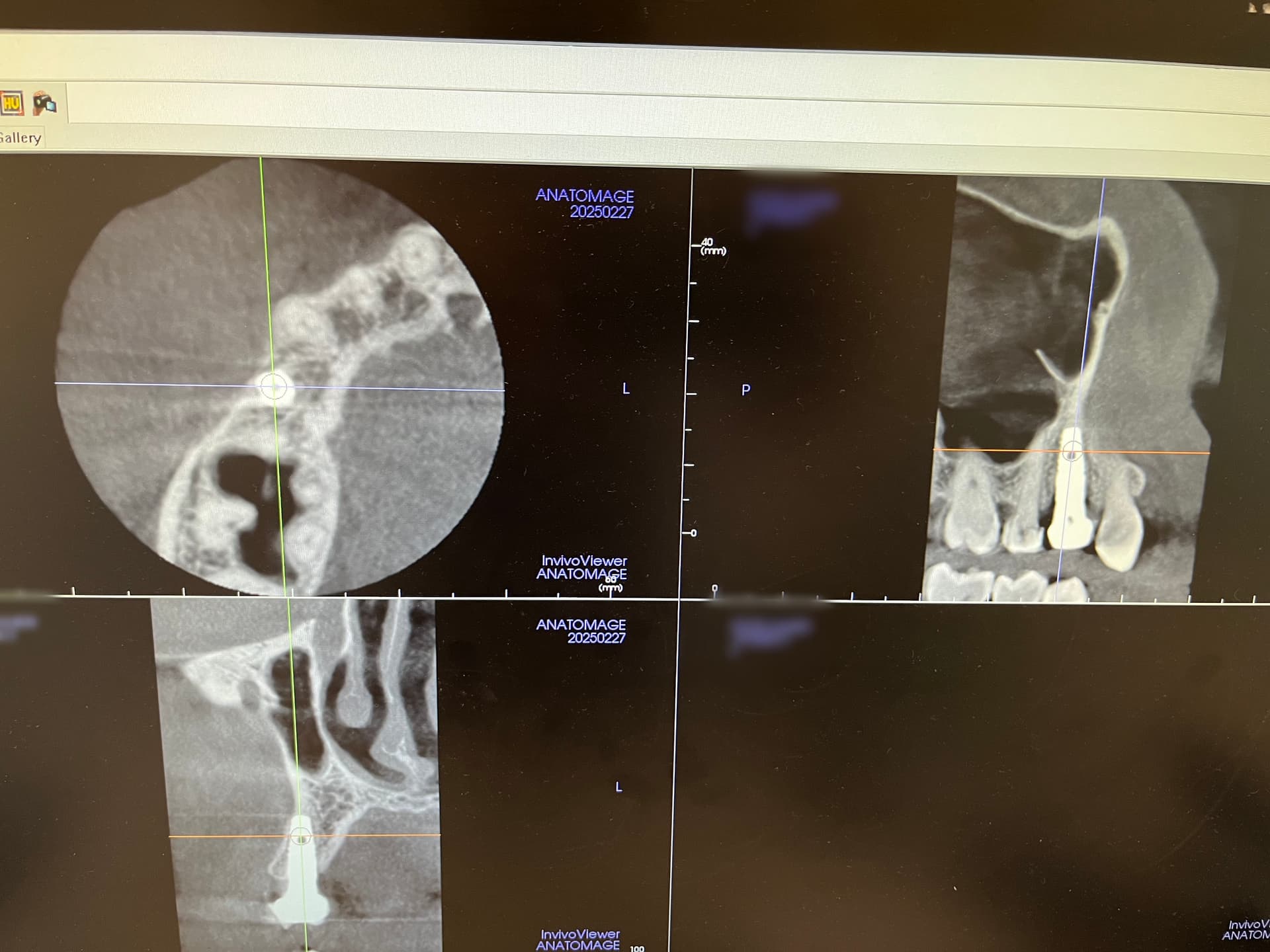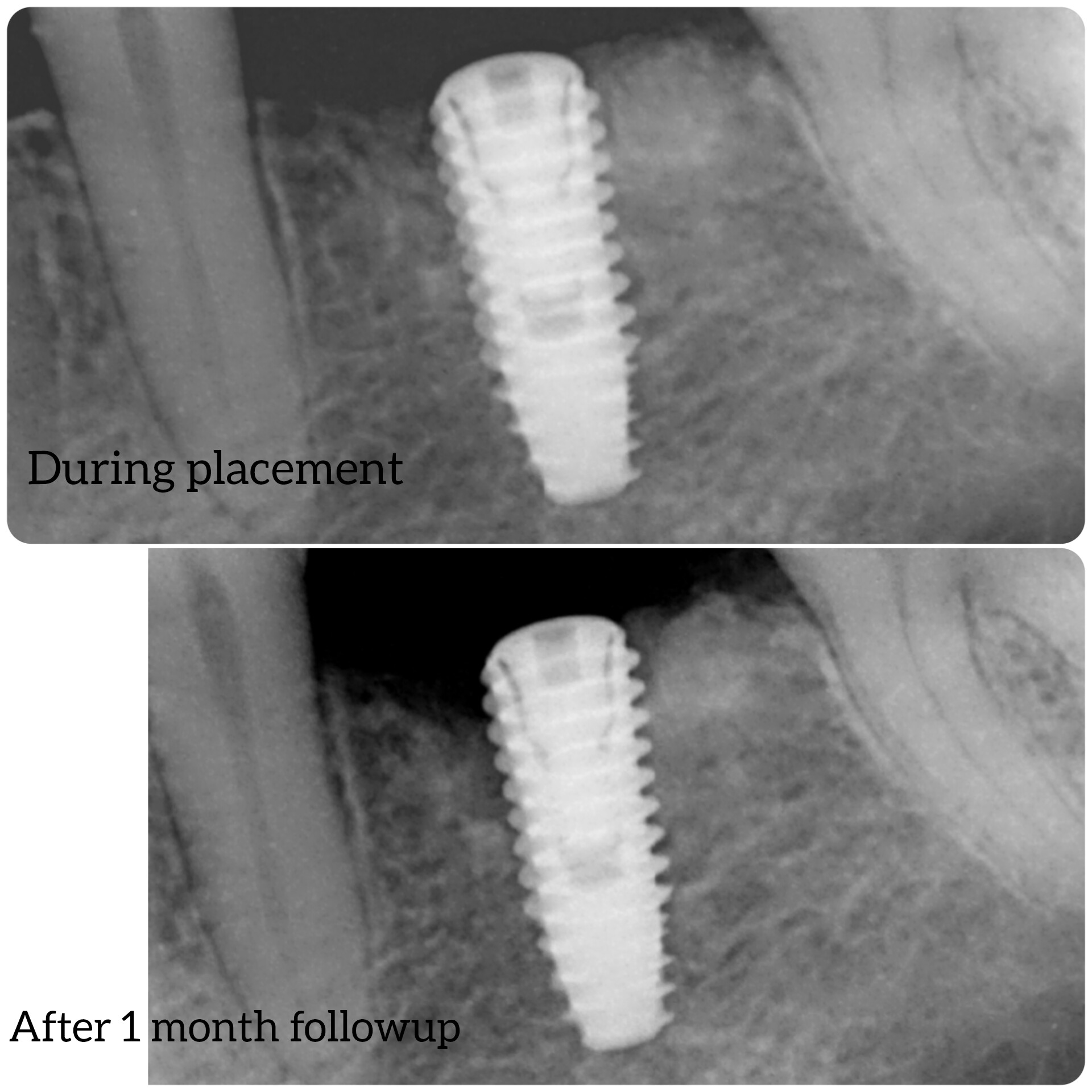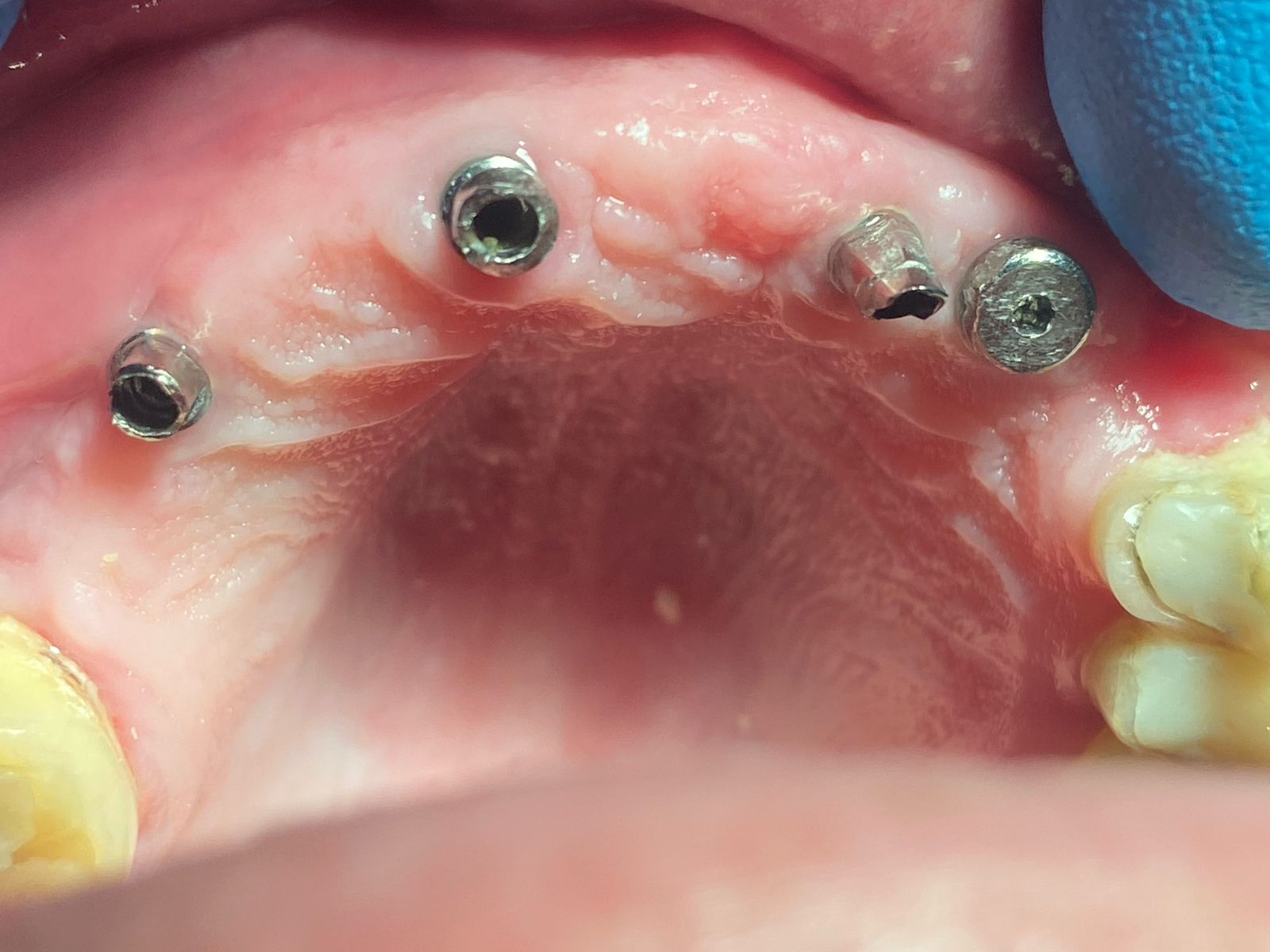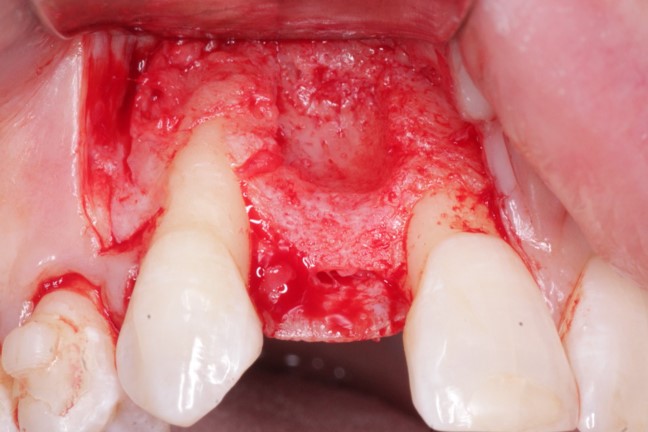Mini Implants: Q&A with Dr. Paul M. Mullasseril
Two weeks ago OsseoNews.com hosted a webinar on Mini Dental Implants with Paul M. Mullasseril, DDS, MS.
Dr. Mullasseril was kind enough to put together this short Q&A based on questions asked during the webinar.
Can mini dental implants be placed next to an immediate extraction site?
Mini dental implants can be placed next to extraction sockets as long as there is 1 mm of bone around the implant. If implants need to be placed in the extraction socket, 6 months of bone healing is required
Do mini dental implants osseointegrate, or are they only for temporary use?
MDI implants osseointegrate just like standard diameter implants according to studies done on the subject. IMTEC’s MDI implants have been approved by FDA for long term use
How would you take the impression if a new denture is being fabricated?
If a new denture is being fabricated, the procedures are similar to making impressions for conventional implants. An impression coping is available that can be place over the implants and a rigid impression material is used to pick up the copings in the impression. Analogs are then placed in the impression copings and sent to the lab to pour the impression. The lab can then deliver the denture with the housings in place. This is called the indirect technique. Another method is to ask the lab to create space for the housings when they deliver the denture to you. You can then pick up the housings intraorally, chairside, called the direct technique.
Are there any contraindications for support of a lower denture occluding against an upper fixed porcelain bridge?
If there are fixed restorations or a dentulous maxillary arch it is recommended that you place 5 implants instead of 4
Do you treat diabetics and/or smokers using mini dental implants?
Yes, I treat diabetics and smokers with mini implants. In the diabetic patient, I make sure the patient gets me the HbA1c values. It is not enough to get the blood glucose levels. A controlled diabetic should have a value below 7%. I also place the patient on antibiotics for 10 days. In the case of a smoker, I talk to the patient about lowered success rates and make sure it is part of the informed consent.
What is the typical fee for placing 4 mini dental implants in the mandible and retrofitting an existing denture?
An average fee for placing four mini implants and retrofitting a lower denture is @ $ 2500-$3000. This does not include the cost of the denture if you are making a new denture for the patient. This is considerably less than conventional implants.
What pre-operative and post-operative medication do you recommend be prescribed?
In the immunocompromised patient or the diabetic patient I prescribe antibiotics for 10 days. Post op I tell the patient to take ibuprofen when necessary. Usually, after the first 24-48 hours patient do not require any pain medication. The patient does rinse daily with Peridex for about a month after the procedure.
Is this procedure easy to learn for someone who has never placed implants? How would you recommend they learn?
The procedure is simple and straightforward. However, there is a learning curve. I would advise you to take one of IMTEC’s full day certification seminars. Go to their website at www. Imtec.com or call 800-879-9799 for more information on dates and locations for these courses. After you do the first couple of cases, you will realize the benefit of this system to you and your patients.
About Paul Mullasseril, DDS, MS
Dr. Paul M. Mullasseril has a private practice in Spokane, Washington and is an Associate Professor at Eastern Washington University. After completing a fellowship in Maxillofacial Prosthetics at M.D. Anderson Cancer Center in Houston, he was the director of the Maxillofacial Prosthetics Department at the University of Oklahoma, where he is now an adjunct professor. Dr. Mullasseril holds MS and MDS degrees in Prosthodontics, has received numerous faculty awards and recognitions, and has participated in PMA studies on 3i and IMTEC dental implants. Dr. Mullasseril has trained hundreds of clinicians to begin placing implants and has conducted many hands-on and live surgery training programs at the OU College of Dentistry in Oklahoma City. He continues to train and support doctors as he lectures around the world on minimally invasive implantology.










